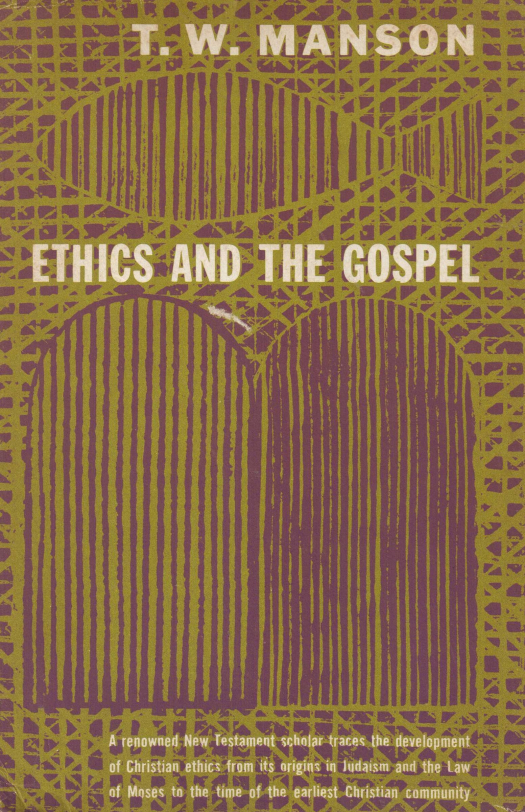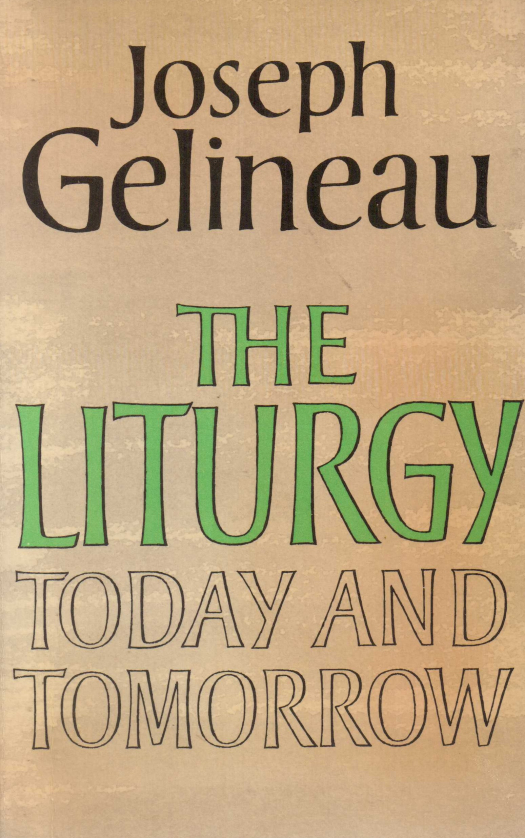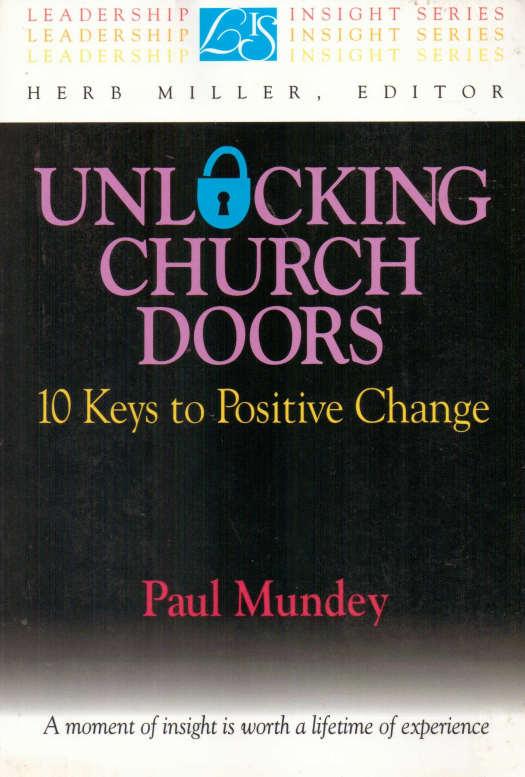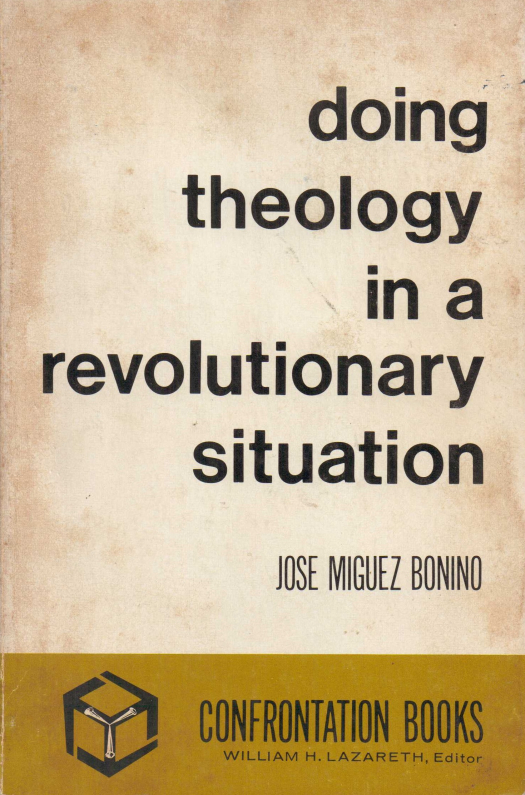Ethics : and the gospel / T. W. Manson - Donación Ana Rita, Carlos, Rubén Pagura Alegría
U15187
The liturgy today and tomorrow / Joseph Gelineau - Donación Ana Rita, Carlos, Rubén Pagura Alegría
In the good old day, in the great churches, the smoke curled up, the vestments glowed, the chants rolled, and there was a solemn occasion. Today the small group can celebrate a mass with its own music, and a rewardingly personal character to it. But in the parish today, 'church is boring' say the children, and the grown-ups complain also with deariness. it is difficult to have either a solemn or an intimate occasion there. Pére Gelineau draws on twenty-five tears or ordinary pastoral experience in the parish church to show ways forward which will draw on the great traditions of liturgical worship and will enable our worship today to be available to the men and women of contemporary society. The great danger now, as before Vatican II, is that we celebrate a mystery which is not 'available'. This does not mean that we must reduce it to plain prose - it must have the evocativeness of poetry, and the clarity of plain gospel speaking. The author knows all the practical difficulties and it is a great virtue of his text to speak not of some theoretical utopia, but of the tiresome everydat realities we all know.
U15186
Unlocking church doors : ten keys to positive change / Paul Mundey - Donación Ana Rita, Carlos, Rubén Pagura Alegría
Willingness to change is not the only factor that makes churches effective or defective. Yet resistance to change often keeps other assets - friendiness, good preaching, and a caring athmosphere - from accomplishing the mission of the congregation. A lack of openess to new ideas in most congregations causes hundereds of people to vote with their absence each year.
Paul Mundey makes a unique contribution to this complex church leadership issue. Many books illustrate the need for change in congregations. This one provides practical suggestions for accomplishing that art/science. Many books address change theory. This one provides a toolbox of ten principles that really work among frontline practitioners who are trying to transform their congregations.
A leader is by definition an agent of change. A leader has the courage to say "Let's do it differently!" and the skill to help people migrate from present to future while enjoying the trip. A leader knows (a) what to change; (b) how to change it; (c) when to change it; and (d) who to enlist in the initial stages of persuading other group members to move in a new direction. Paul Mundey offers flesh and blood examples of how this happens in congregations.
The neweness of you. Lighting the way. Missionary maneuvers. Many worlds, many systems. Learning congregation. Barn-raising believers. Bridging toward tomorrow. Right start. Grapping with resistance. Bolstering bold beggining.
U15185
Doing theology in a revolutionary situation / Jose Miguez Bonino - Donación Ana Rita, Carlos, Rubén Pagura Alegria
This book reviews the history of Latin American Christianity in terms of the impact of both Roman Catholiscism and Protestantism on society. It summarizes the socio-polítical analysis on the basis of which a growing number of Latin Americans - Christians and non-Christians alike - are undertaking a historical project of liberation in the direction of a socialist society. It gibes an account of the emergence of groups and ministers and leymen in all the churches commited to this purpose, and discusses some of their pronouncements. It finnaly offers an account of the direction of the thought of some of the most outstanding Latin American theologians.
U15184





